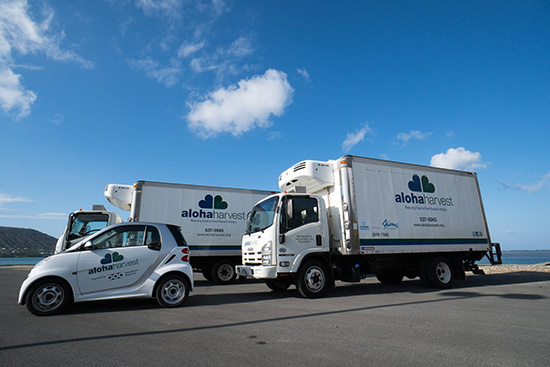
College life is hard, especially when it comes to juggling work, family and due dates. Although for some, there is a lifelong struggle added to the mix: addiction.
Addicts head to college for many reasons. Some want to have a better future. Some need to provide for their kids. And some don’t know why they’re there.
However, addiction, while manageable, never fades away, and adding college classes on top of it can be overwhelming and stressful.
I am a recovering addict. For me, every homework assignment, quiz and test feels like a final exam. If I don’t get an A, then I feel like I’ve failed.
For others, similar problems arise. Many addicts tend to doubt themselves.
“We don’t think we’re good enough,” said WCC student Cheyenne Schoenfeld who is in recovery.
While most students are able to watch television or have a beer and relax, I, on the other hand, spin out for days on end. I can remember pacing for hours and hours, trying to focus on my work while negative thoughts of self-doubt creep in.
Many addicts struggle with asking for help. After being self-reliant for so long, it can be uncomfortable to tell someone that you’re having a hard time. Some will even go as far as to institute a buddy system. Many times, I’ve heard students say that they want to give up only to have a friend tell them no. Many successful recovering addicts tend to band together.
This is why for addicts, college can give them purpose. A reason to get up and get out.
“It’s something to keep me busy,” said WCC student Shasidy Kalilikane. “To keep me focused on positive things rather than going back and trying to do drugs again.”
There’s a stigma associated with addicts. We don’t feel like the normal person understands us, because often they don’t. Many think of addicts as bad people. But the truth is addiction can happen to anyone. The teenager from a good household who just wants to experiment. The graduate who falls on hard times. The working man who gets hurt on the job. Even the struggling mother.
Addiction is blind. It took a hold me because I wanted to escape and to belong. And after many years of self-destruction, I finally decided that I wanted a better future for myself.
Luckily, many colleges across the nation provide help for recovering addicts. Here in Hawai‘i, government programs such as the state department of health’s Alcohol and Drug Abuse Division (ADAD) can offer financial assistance. At WCC, there are many resources that can help such as counselors, TRiO, Paipai and HI NET.
TRiO supports all students but for many addicts, it’s a second home. As student and recovering addict Kirsten Freeman said, “TRiO is everything for me.”
From free printing, tutoring, food or “supportive harassment” from director Roy Inouye, TRiO aims to help you succeed. For recovering addicts who are also mothers, the Bridge to Hope program can also help by allowing eligible full-time students with children to attend college while meeting their first-to-work requirements.
Overall, the most important resource for a struggling addict is other recovering addicts. For many, that has been their biggest help. Reaching out can be the hardest thing to do. However in times of need, it is essential.
Keeping focused is also important for addicts. Many can run into a mental roadblock when studying. I’ve found that it’s best to take a break. Go relax.
When I struggle, I sculpt. Find a hobby that works for you. My advice is to just keep going. No matter how hard it is, reach out and ask for help. Don’t be ashamed of who you are or what got you here. And just remember, you’re not alone.
by Nathan Runion, Ka ‘Ohana Staff Reporter




